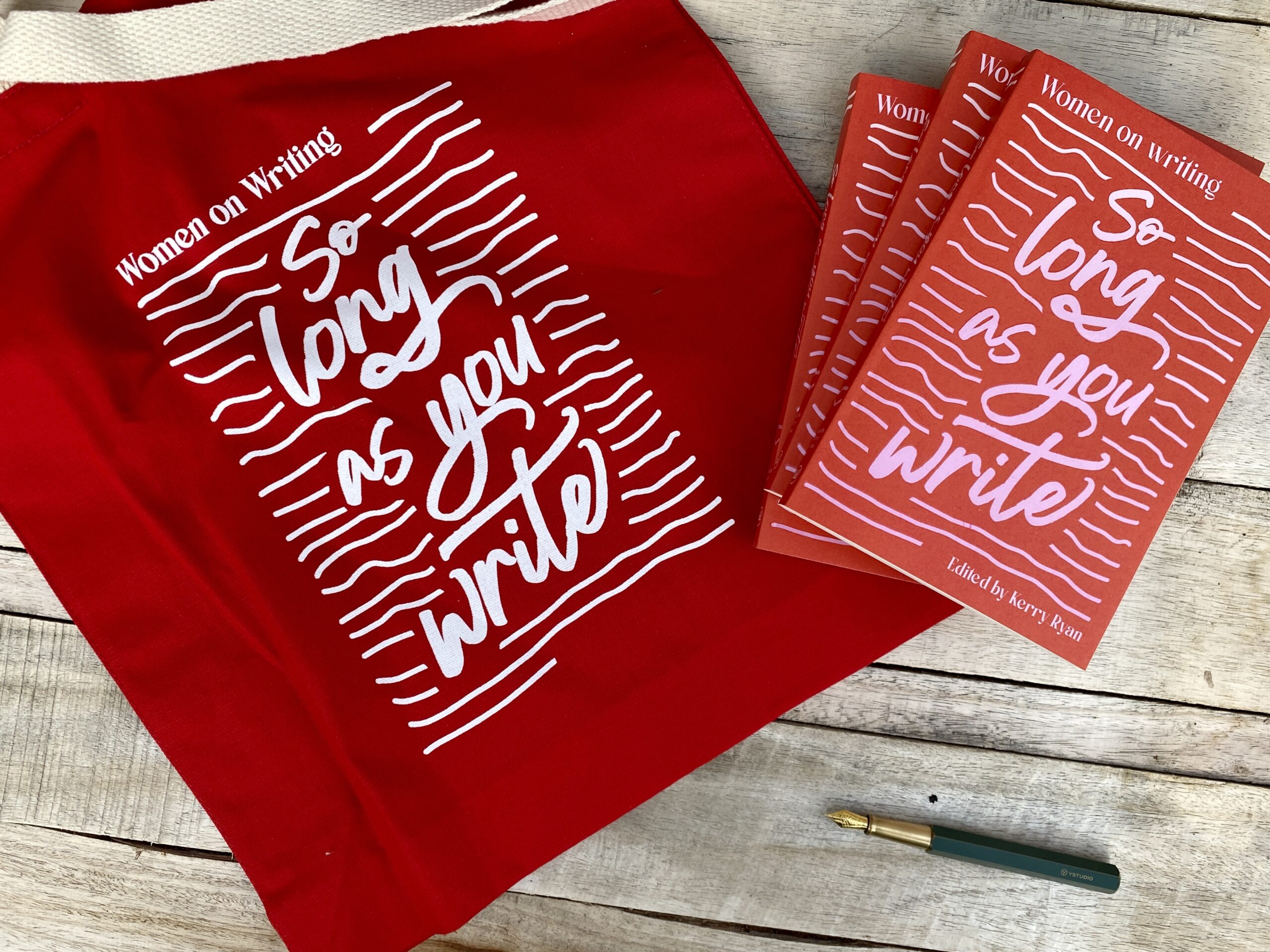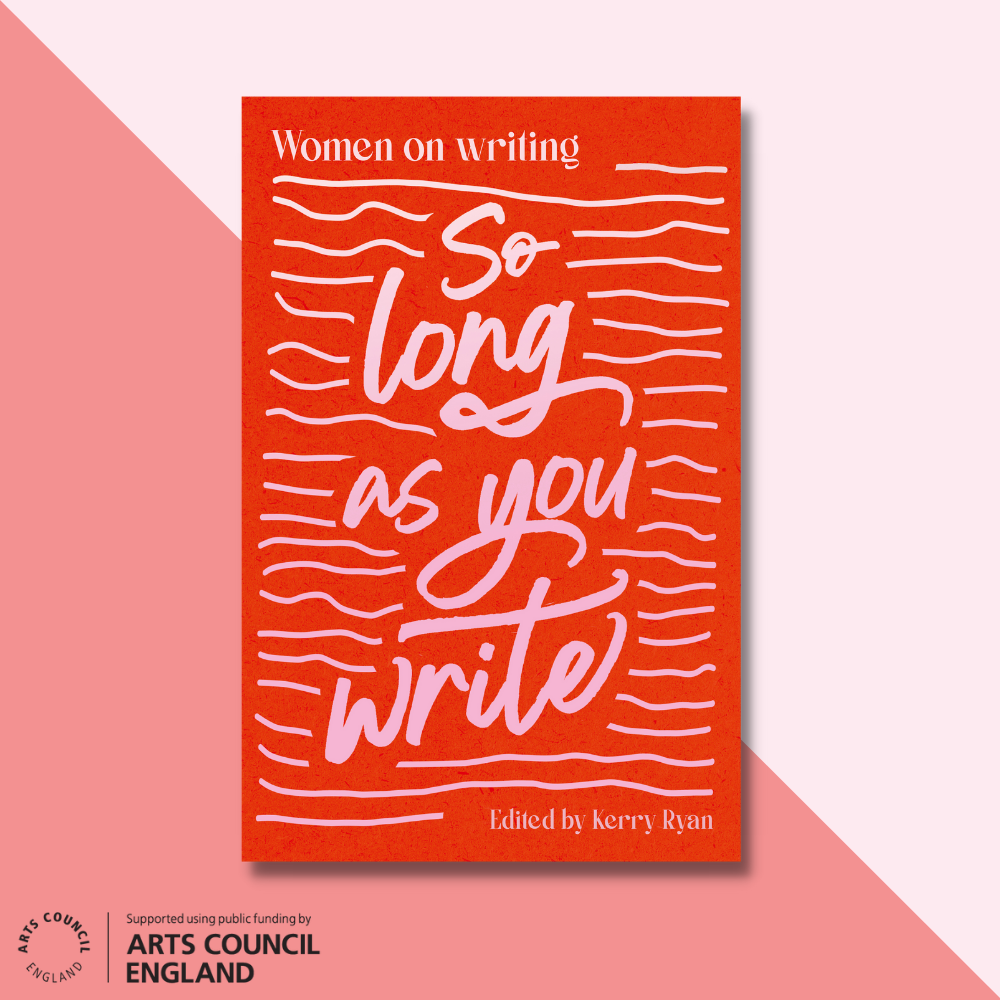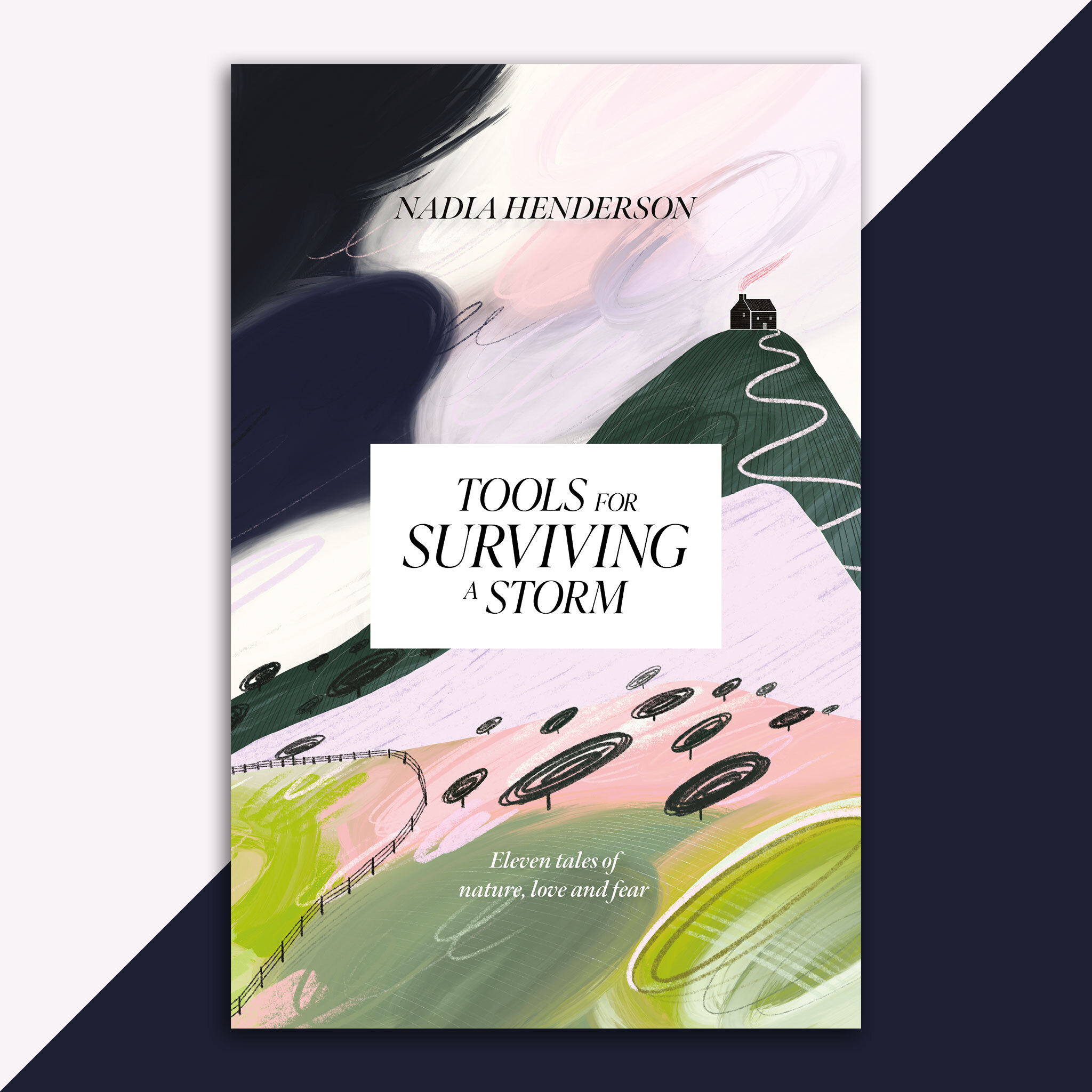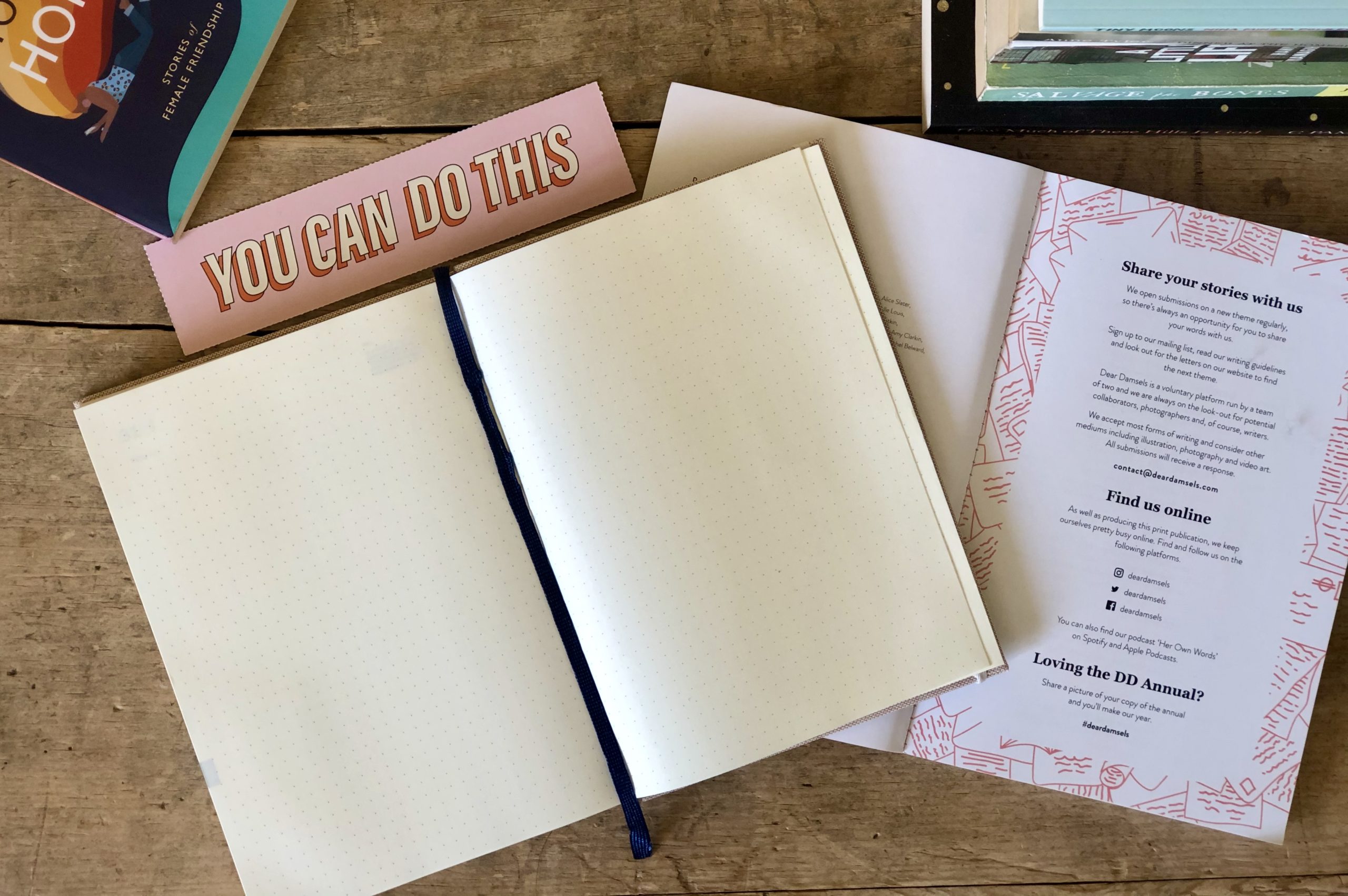WHILE THIS LASTS | Angelita Bradney captures the highs and lows of lockdown as a working mother.
by Angelita Bradney
Friday, day 40 (feels like 140). ‘Why don’t you catch your breath,’ says my ten-year-old son, ‘Then I’ll meet you at the corner near the bandstand.’
I am in some ancient jogging gear and he is on his bike, clad in shorts and looking wholesome as a character from the Famous Five. Between wheezes I have enough energy to reflect that this is a first: a mother-son exercise session amongst the dog walkers and daffodils in the local park. It never happened before Covid-19. In fact, I’d normally spend more time away from my children than with them. While they were at school or with the childminder, I’d pass the hours in an airless central London office staring at a computer screen and drinking pricey coffees, or sitting in ego-filled meetings trying to get a point across. The children and I lived in separate worlds – and I liked it that way. A committed feminist, I boasted that my husband and I worked the same full-time hours and divided chores and childcare equally. Not any more. Covid-19 has blown apart our carefully-constructed schedule. With my husband working crazy, fifteen-hour days in the healthcare sector, I am a full-time parent again.
My seven-year-old daughter has noticed the shift. She’s started calling me Mamma like she did as a baby, and is constantly sidling up for a cuddle, including when I’m in the middle of a video conference. Before, I would have pushed her away for fear of looking unprofessional, but now I don’t; we are all familiar with colleagues’ children, pets and home interiors these days. (One works in front of a wall papered with a world map, another has a giant painting of a Marmite jar.) Plus, there’s just something nice about the way my daughter tucks her head under my arm.
Recovered from the run and back home, I start the children on their schoolwork and join an online meeting. When I emerge after two hours, the good mood has disappeared. Son and daughter are squabbling, our dirty plates are still on the table from lunchtime, and the cat has been sick on the carpet. My husband is nowhere to be seen. Anger rises in my chest, making my ribs tighten and my teeth clench. ‘Why do I do everything in this house?’ I shout.
“I know I am lucky to be able to work remotely. I know I am lucky that my children are safe. That we have a garden. But sometimes I forget.”
For many, the lockdown experience is a struggle: unable to earn money, deprived of fresh air and sunlight, caged in by anxiety and separated from loved ones. I know I am lucky to be able to work remotely. I know I am lucky that my children are safe. That we have a garden. But sometimes I forget. On those days my frustration slinks through every room, black and brooding. I glare at the half-empty fridge and dread the thought of queueing for the supermarket. Grind my teeth as I clear four people’s mess from the kitchen. Swear when I see the children glued to The Simpsons, ignoring the science experiments and craft projects I have set up for them. It’s not fair! I have a full-time job and still the burden of the household’s wellbeing, education and mental stimulation is firmly on my shoulders. The more I feel its weight, the more I want to scream.
Time for some self-care. Wine o’clock. I hide my phone to escape the notifications (I peek at just one, from our neighbours, who report that eggs are back in stock at Sainsbury’s). I drink more than I used to; opening a bottle is a ritual that delineates day from evening. Most mornings I promise myself I won’t drink tonight, but when evening falls the routine begins again. Glass in hand, I join a video call with a friend in the NHS. She talks about 12-hour intensive care shifts, the terror of working without protective equipment, and the death of a doctor colleague she’s known for years. It puts my problems – the most pressing of which is that I’ve run out of Pinot Grigio – into perspective. When my husband finishes work at midnight I’m sitting up in bed with the laptop, trying (unsuccessfully) to secure a slot for a supermarket delivery.
Saturday, day 41. No school, no work, no computer screens. Instead I make bread. There is half a packet of flour in the cupboard, and some yeast that is only two months out of date. With the recipe book open on the floury table in front of me, I knead. Fold, press. Fold press. When the dough is round and swollen I slide it into the oven. Soon, a new smell envelops the kitchen. It is comfort, nourishment. Clean linen and loving arms. I call the family and the four of us wolf down warm slices spread with butter, steam still rising from the loaf.
Afterwards I lounge in the garden, my daughter sprawled on top of me. The lawn is so green it shimmers. The air is tinted with pollen, bees move backwards and forwards amongst the honeysuckle, and cherry blossoms drift on the wind like confetti. A robin hops within an arm’s length before flickering back to its tree. Nature seems more vibrant this year, a result of clearer skies and plummeting air pollution. Or is it just that we notice it more, in our new quietness? I think about how, in that moment, my world and the children’s perfectly overlap. It’s not a bad feeling.
My son stomps out. ‘Mum, I’m bored. How about another run?’
Angelita Bradney | @AngelBradn | angelitabradney.com
Angelita lives with her husband and children in south-east London. Her short fiction has won prizes and is published in many literary magazines and anthologies, including Litro, Ellipsis Zine, Fictive Dream (another piece in response to the virus) and Nothing Is As It Was, a collection of short stories about climate change.






